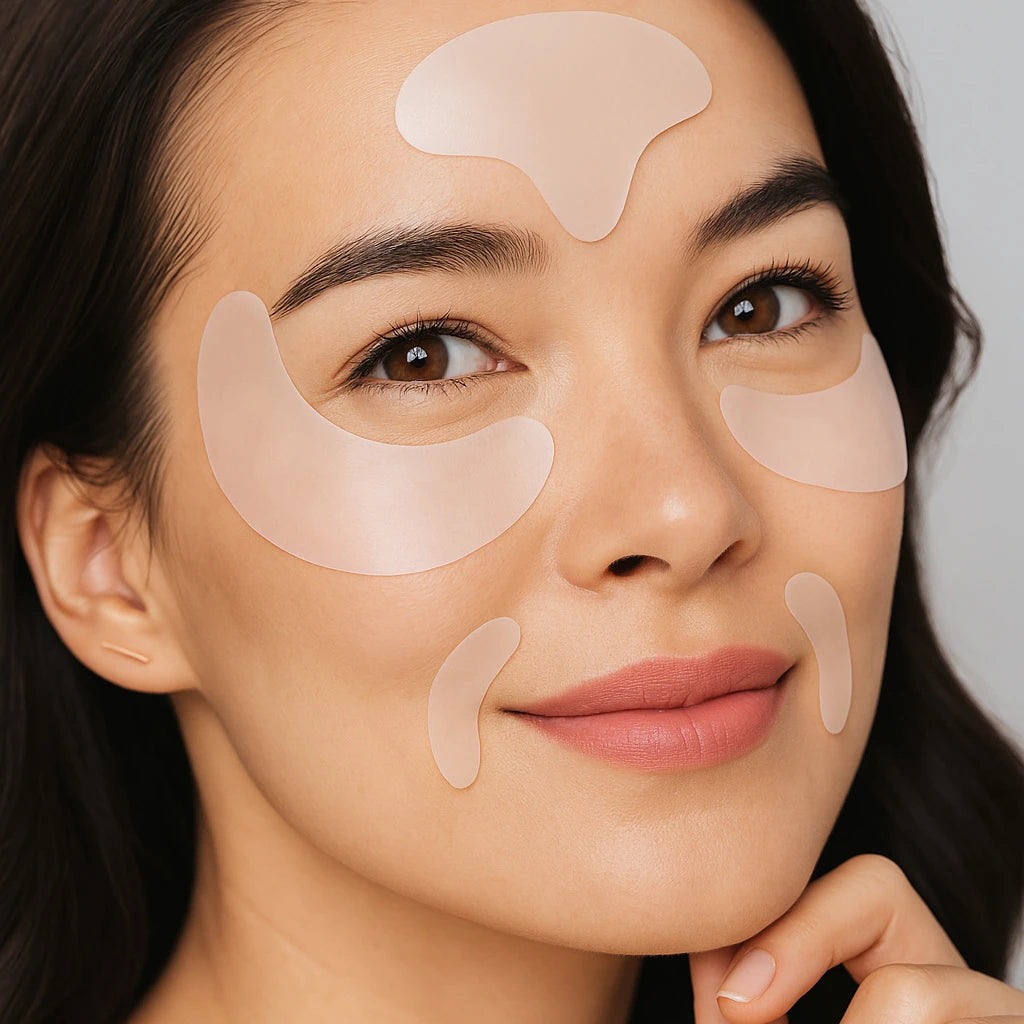The Technology of Sheet Mask Materials
Korean sheet masks are designed with advanced materials that enhance their effectiveness. The most common types include:
- Biocellulose: Made from fermented coconut water, these masks adhere closely to the skin, allowing for optimal ingredient absorption.
- Hydrogel: These masks are made of a gel-like substance that melts at body temperature, ensuring maximum contact with the skin.
- Microfiber: While less advanced than biocellulose, these masks are still effective at delivering ingredients and are more affordable.
The choice of material significantly impacts the mask's ability to retain and release ingredients onto the skin. Research has shown that biocellulose masks, in particular, can hold up to 100 times their dry weight in fluid, making them excellent vehicles for delivering active ingredients.
Enhanced Ingredient Delivery
Sheet masks are more than just saturated cloths; they're scientifically designed to maximize ingredient absorption. Here's how they work:
Occlusive Effect: The sheet creates a physical barrier that prevents evaporation, allowing ingredients to penetrate the skin more effectively. This occlusive effect can increase skin hydration by up to 40% in just 15-20 minutes.
Prolonged Contact Time: Unlike traditional creams or serums that may evaporate or be rubbed off, sheet masks keep ingredients in constant contact with the skin. This prolonged exposure allows for better absorption of active ingredients.
Concentrated Formulas: Sheet masks typically contain higher concentrations of active ingredients compared to regular skincare products. This concentration, combined with the occlusive effect, leads to enhanced efficacy.
Efficacy Backed by Research
Scientific studies have demonstrated the effectiveness of sheet masks:
- A study published in the Journal of Cosmetic Dermatology found that regular use of sheet masks significantly improved skin hydration and elasticity.
- Research has shown that the appropriate application time for sheet masks is less than 20 minutes. Beyond this point, exposure to preservatives may increase dramatically.
- The material of the mask plays a crucial role in its effectiveness. Plant-cellulose masks, for example, have been found to deliver the highest amount of product to the skin.
Expert Opinions
Dermatologists and skincare experts have weighed in on the efficacy of sheet masks: Dr. Joshua Zeichner, Director of Cosmetic and Clinical Research in Dermatology at Mount Sinai Hospital, states: "Sheet masks are essentially like giving your skin a big drink of water. They create an occlusive environment that allows for enhanced penetration of ingredients into the skin."
Conclusion
The science behind Korean sheet masks reveals that they are far more than just a trendy skincare product. Their advanced materials, enhanced delivery systems, and concentrated formulas make them a powerful tool for achieving healthy, glowing skin. As research continues to evolve, we can expect even more innovations in sheet mask technology, further cementing their place in effective skincare routines. For optimal results, use sheet masks 2-3 times a week, and always follow the recommended application time to ensure safety and efficacy.















